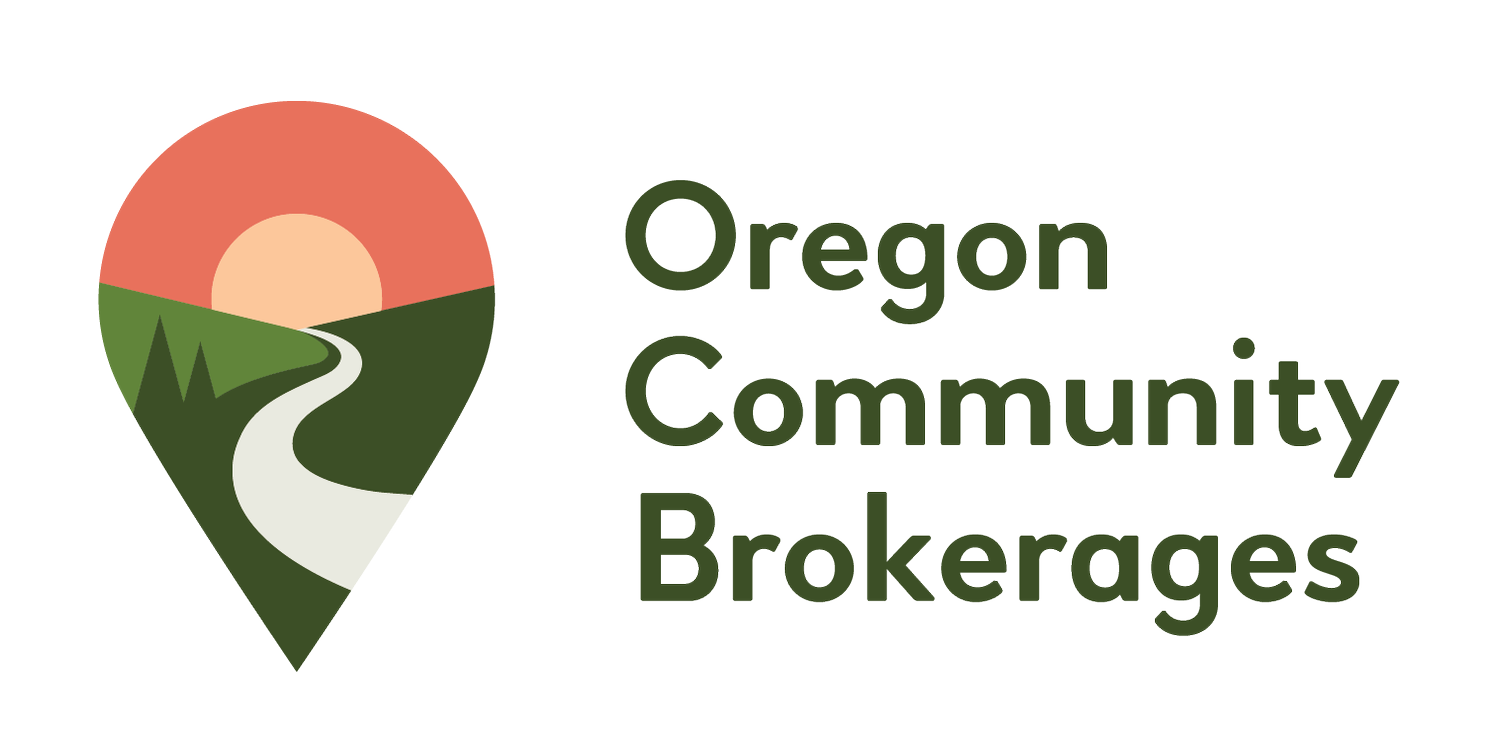Choosing Between Vital Parts is a Losing Proposition for I/DD
When it comes to full lives for Oregonians with intellectual and developmental disabilities, we want it all. As a member of the Oregon I/DD Coalition, OSSA helped to identify four top priorities for the 2015 legislative budgeting session. These four priorities, together, represent a pathway to richer lives for Oregonians with I/DD. The four priorities are:
DSP Wages: Raise the wage for Direct Support Professionals.
Brokerage and CDDP Workload Model Budget: Fund workload model at proposed 95% equity for CDDPs and Brokerages.
Fairview Trust: Keep the promise of community housing opportunities for people with IDD and restore the Fairview Trust.
Employment: Continue funding to improve employment outcomes for people with IDD.
These priorities are listed in no particular order, for one very important reason: we cannot possibly weight one over the other if we are truly in support of people with intellectual and developmental disabilities. Together, these elements of community employment, quality support professionals, community housing, and high-quality case management work together in a person's life. Each makes the other possible.
When I think about trying to prioritize our four adopted budget goals, it seems to me that I’d be choosing between the “neck” of the system (our case management force, connecting people to vital resources) or the “head” of the system (the resources people need to create full lives). The head will not prosper without a neck; employment services, housing services, and provider organizations will not prosper without a strong case management force to navigate people to engage with them. Likewise, the neck is pointless without a head; case management services are pointless without the employment, housing, and provider resources to which we can direct customers. Choosing between vital parts is a losing proposition for the I/DD body.Choosing between equally critical services, or offering one to be cut over another, is a non-starter for the OSSA. However, this does not mean that OSSA is unwilling to engage in the process of tough decision-making, should it be required at DHS. The Office of Developmental Disabilities has new, dedicated, and promising leadership in Director Lilia Teninty. We do not ask her to make hard decisions in a vacuum, but instead are willing to provide important education on the impacts and ramifications of various options as they are considered. We do not wish to instruct, but we are happy to support, the budgeting activities of ODDS.
OSSA sees an incredible opportunity at hand for the many components of the Oregon I/DD community to develop a strong, cohesive presence at the capitol. Our strength is in the purity of our collective goal: to promote quality service and supports which respectfully further the rights, equality, justice, and inclusion for all Oregonians with intellectual and developmental disabilities and their families.

